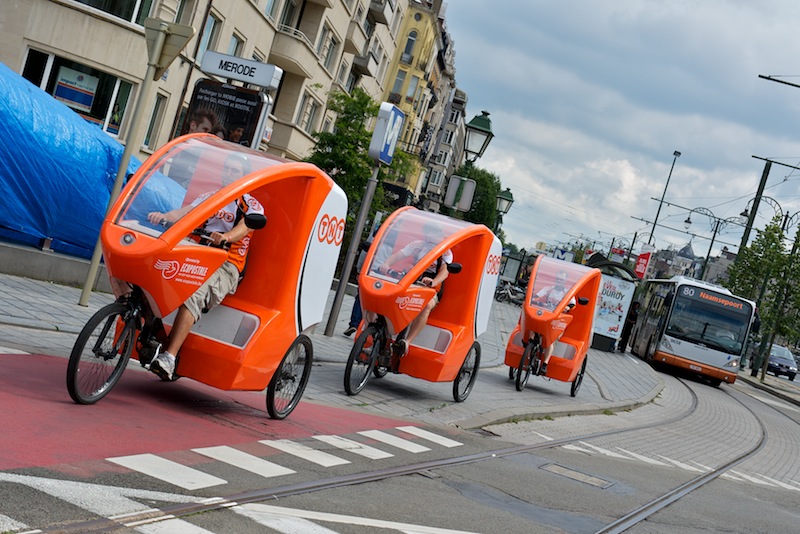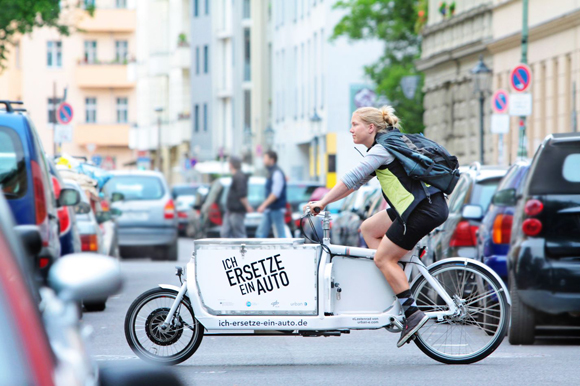
How eBikes save money & power the economy
Across the entire EU, eBikes are saving money, time, and CO2 emissions for cities and companies. They are also increasing efficiency, productivity – and in some cases, even providing new jobs. If more organisations were to notice the great opportunities eBikes a much wider shift would certainly occur.
The PRO-E-BIKE project provided several public authorities and private companies across Europe with subsidies for the trial of eBikes and cargobikes. The result was that 4 out of 5 eBikes tested continued to be used after the trial period, and some companies bought many more.
Croatia, France, Sweden, Italy: the bicycle champions
Four vehicles tested by the Croatian Post resulted in a fleet of 180 eBikes purchased for a total of 500,000€. These bicycles are deployed across the country, and each one replaces a conventional motor scooter, providing improvement for the environment, employees, the cities where they were deployed and saving the Post money.
The 19 eBikes tested by city staffers in Sweden were all adopted. “Not everybody wanted to ride bikes instead of cars,” conceded a manager in the city of Motala. “But there were plenty of other people who did want to use the eBikes for their work rounds. So there was no problem to find willing employees.” They are delivering home care services all year round, and used the eBikes most of the time. When five cities nearby learned of the success, they also bought eBikes to use in their administrations. End result of the pilot test: twice as many eBikes are now in use than were tested.

La Poste (FR) has 20,000 eBikes in their fleet, and took delivery of 10,000 more for deployment by the end of 2017. DHL has 12,000 among bikes and eBikes in its delivery fleet across Europe. In the Netherlands, each DHL express courier bike saves the company 13,000€ per year, applying their policy of replacing one delivery van with one cargobike.
In Milan (IT) GLS, Italy’s second largest delivery company, redesigned its whole business to make the most out of eBikes: they moved their logistics centre, they sold their motorised vehicles and bought cargobikes, they hired more people and optimised the delivery system to best fit bicycles.
“We opened a new logistics centre in downtown Milan, replaced 6 delivery vans with 9 bikes, and hired more staff for the extra vehicles. The result was increased deliveries, productivity and efficiency. Even though GLS hired more people to do the same work, we still save money” declared Mr Simone Vicentini, General Director of GLS Enterprise, Milan, Italy.
ECF’s role in the project
As project partner, ECF has worked in Brussels and across Europe to promote the use of traditional bicycles, cargobikes and eBikes for delivery. “We recently had a visit from a Commission official who told us that Berlin based cycle producers have the goal to sell 100,000 eBikes per year,” said ECF project manager Randy Rzewnicki. “Nantes Mayor Johanna Rolland introduces our latest report saying that 10,000 more eBikes were delivered to La Poste. It’s important to know that these were also produced in France. Cycling means jobs, and it’s great for the economy”.
Regions:
Network/Project Involved:
Topics:
Contact the author
Recent news!
Upcoming events
Contact Us
Avenue des Arts, 7-8
Postal address: Rue de la Charité, 22
1210 Brussels, Belgium









